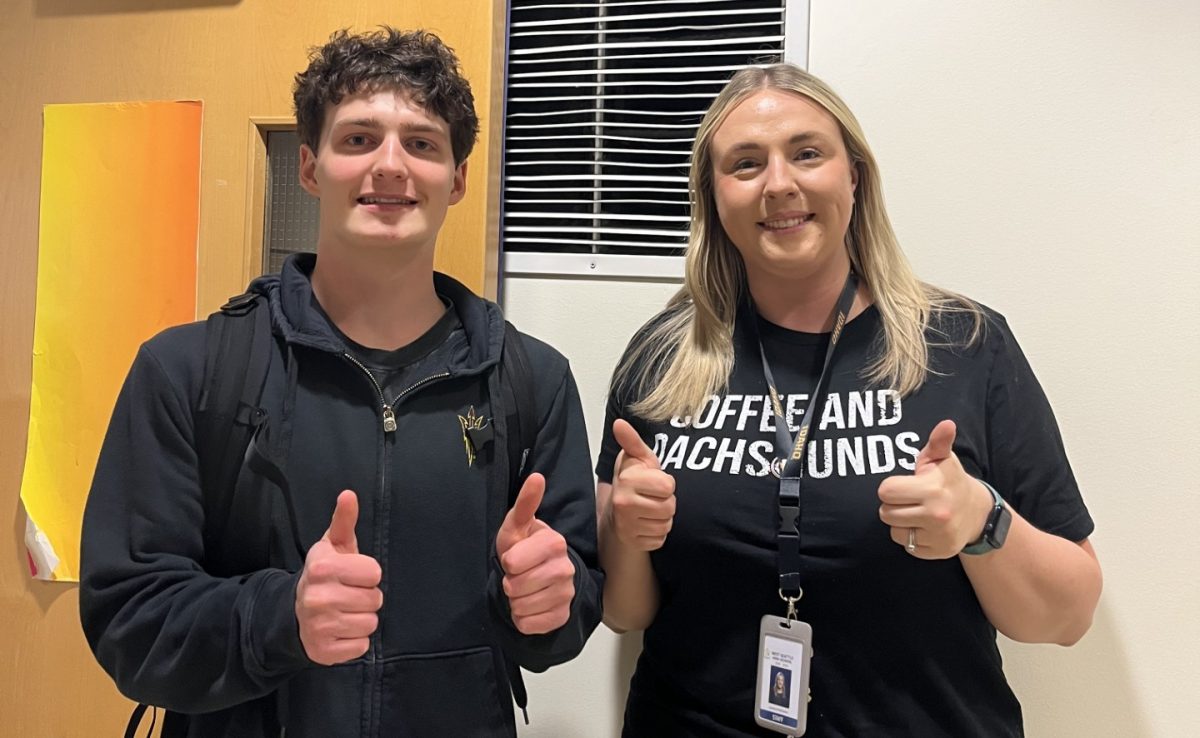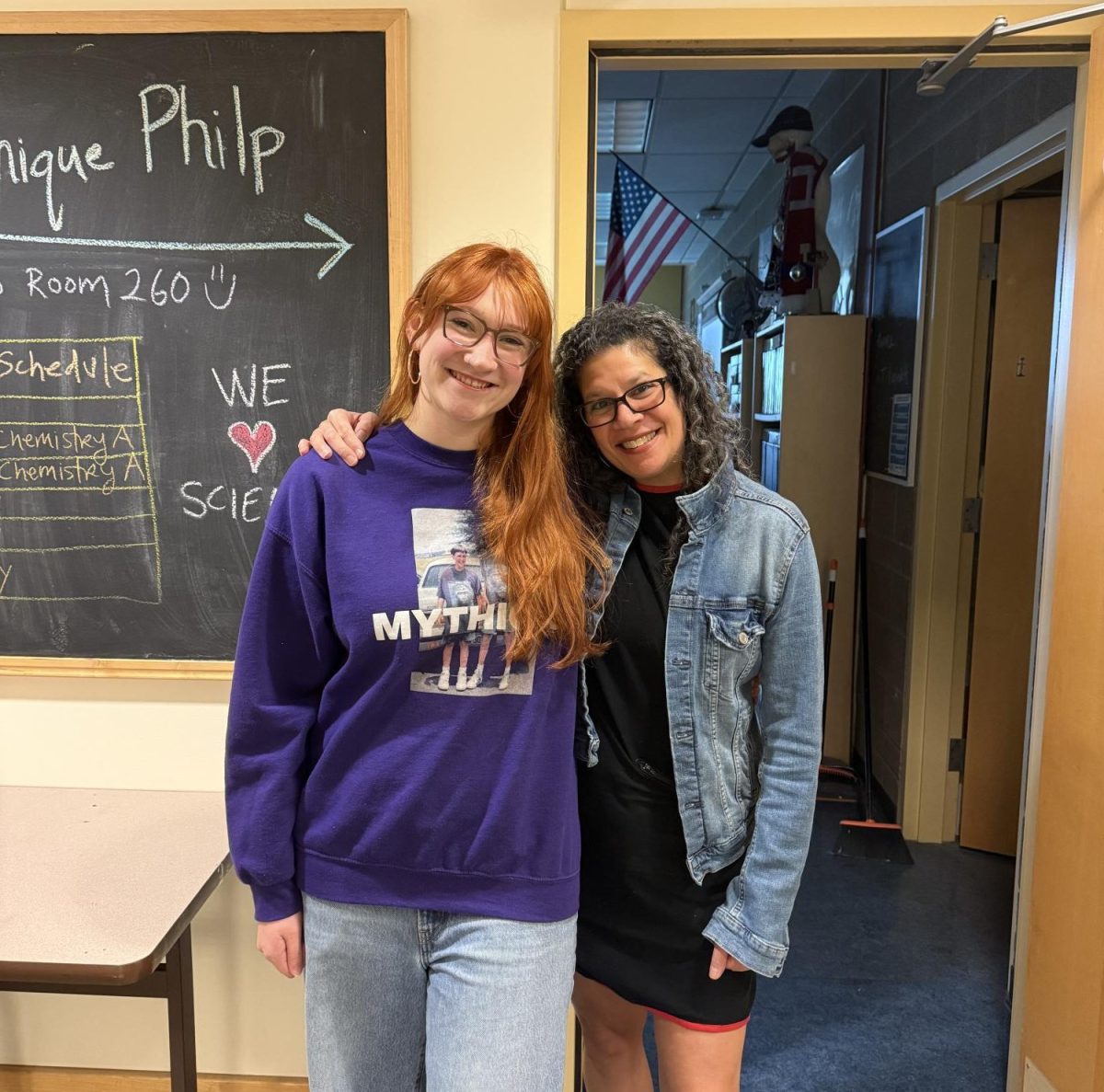If you’ve been on the internet lately, you’ve probably seen people talking about artificial intelligence, mostly referred to as AI. Tools like ChatGPT can answer questions, write essays, and even help with math problems in seconds. Some students say it’s the best study buddy ever. Others think it’s basically cheating. Now schools are left with a big question: should AI be banned, or should we learn how to use it responsibly?
Why Some People Want It Banned:
One of the biggest concerns about AI is academic honesty. If a student has an essay due and lets ChatGPT write it for them, is that really their work? Teachers argue that it’s not fair for some students to use AI while others spend hours doing assignments on their own.
There’s also the worry that students could become too dependent on AI. Writing essays and solving problems aren’t just busywork-they build skills like critical thinking, creativity, and communication. If AI takes over those tasks, will we lose those skills?
Plus, AI isn’t perfect. Sometimes it spits out wrong answers or just makes things up. If students rely on it too much without double-checking, they could end up learning the wrong information.
Why Others Think We Should Embrace It:
On the other side, some argue that banning AI completely just isn’t realistic. Students already use technology every day for research, studying, and communication. AI could simply be the next step.
It can explain tough ideas in simpler terms, give feedback on writing, and it can even help you practice another language. For students who need extra help, AI can feel like having a tutor that’s available 24/7.
It can also boost creativity. You can use it to brainstorm essay topics, create outlines, or get inspiration for projects. AI isn’t replacing your thinking, rather, it is actually sparking new ideas.
A Possible Middle Ground:
So maybe the real answer isn’t “ban or embrace,” but something in between. Schools could set guidelines for using AI, just like they do with research sources. For example, students might be allowed to use AI to brainstorm ideas but not to write final drafts. Teachers might ask students to show their rough work so they can see the thinking process behind the finished product.
Some schools are already trying this approach. Instead of punishing students for using AI, they’re teaching them how to use it responsibly. This could mean talking about plagiarism, fact-checking, and making sure students still practice their own skills.
Teachers are even using AI themselves- to make lesson plans, create quizzes, or come up with examples for class. If educators are using it as a tool, maybe students should learn how to do the same.
What Do Students Think:
If you ask students what they think of AI in schools, answers are all over the place. Some see AI as a lifesaver when they’re overloaded with assignments and activities. Others think it’s lazy and takes away from the whole point of learning. Lex, a sophomore at West Seattle High School, agrees with the school district arguing, “Students aren’t trying to do any work, and letting AI do the work for them has made it so they can’t show what they know and what they don’t. That is going to hurt them later on.” Most students agree that AI is fine for brainstorming or practicing, but not as a replacement for the real work.
What’s Next:
No matter what, AI isn’t going away. By the time today’s high school students get to college or the workplace, AI will probably be part of almost every career. If schools ban it completely, they risk leaving students unprepared for the real world. But if schools throw the door wide open, students might miss out on building the skills they’ll need long-term.
The most realistic choice might be to treat AI like any new tool: with caution, rules, and a focus on using it to learn, not to cheat. The challenge is figuring out what those rules look like-and how to help students build the judgment to use AI wisely.
So, should schools ban AI or embrace it? Maybe it’s not one or the other. Maybe the real question is: how do we prepare students to use AI in ways that make us smarter?








